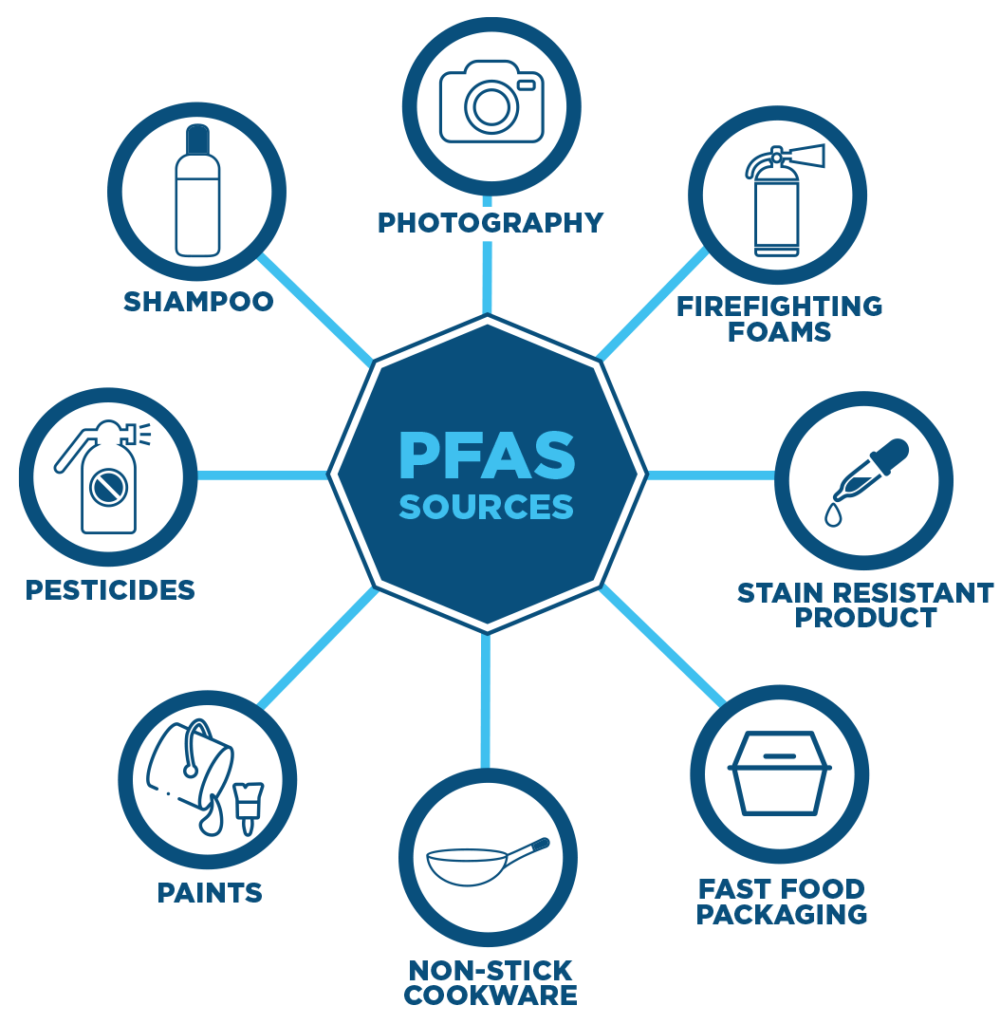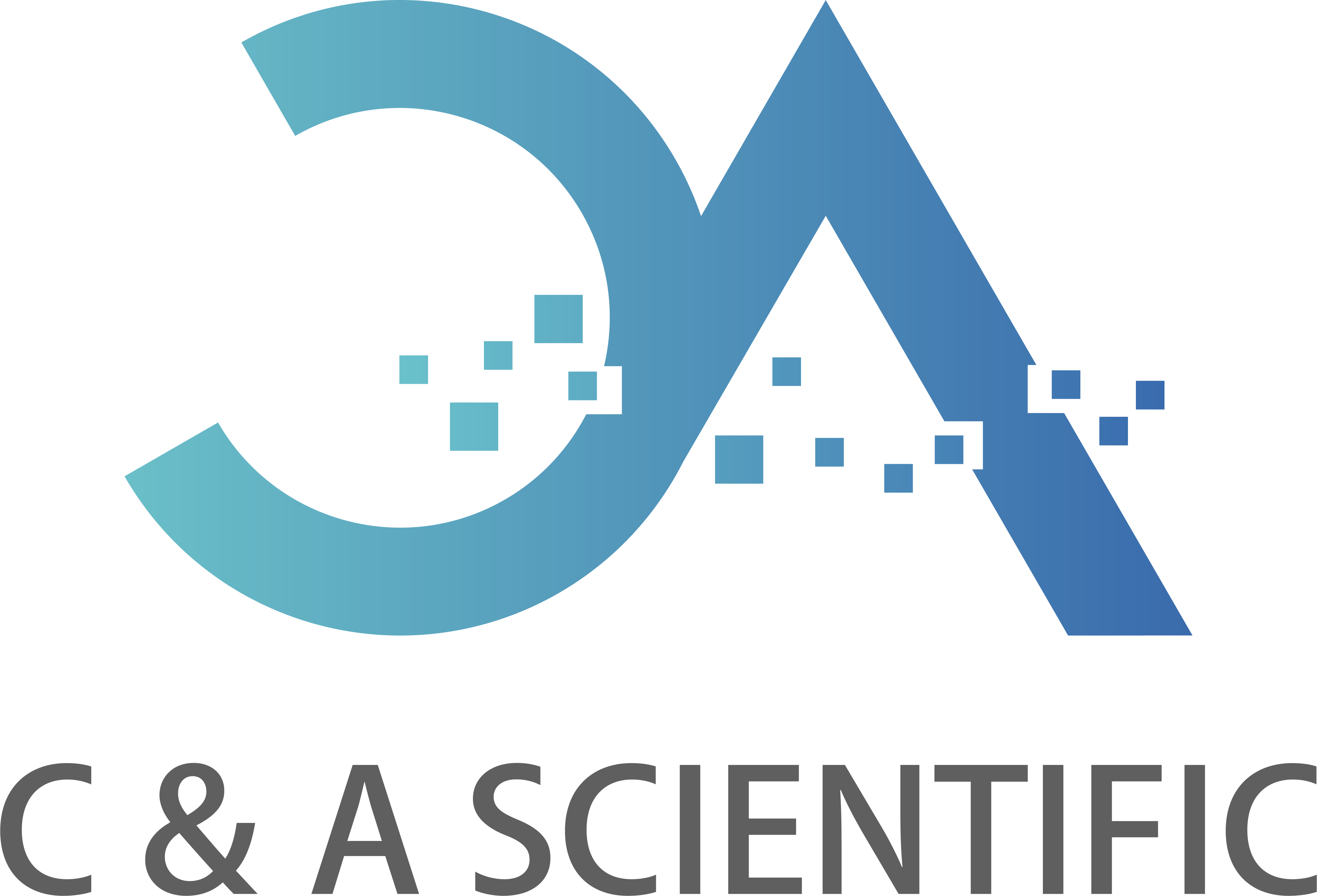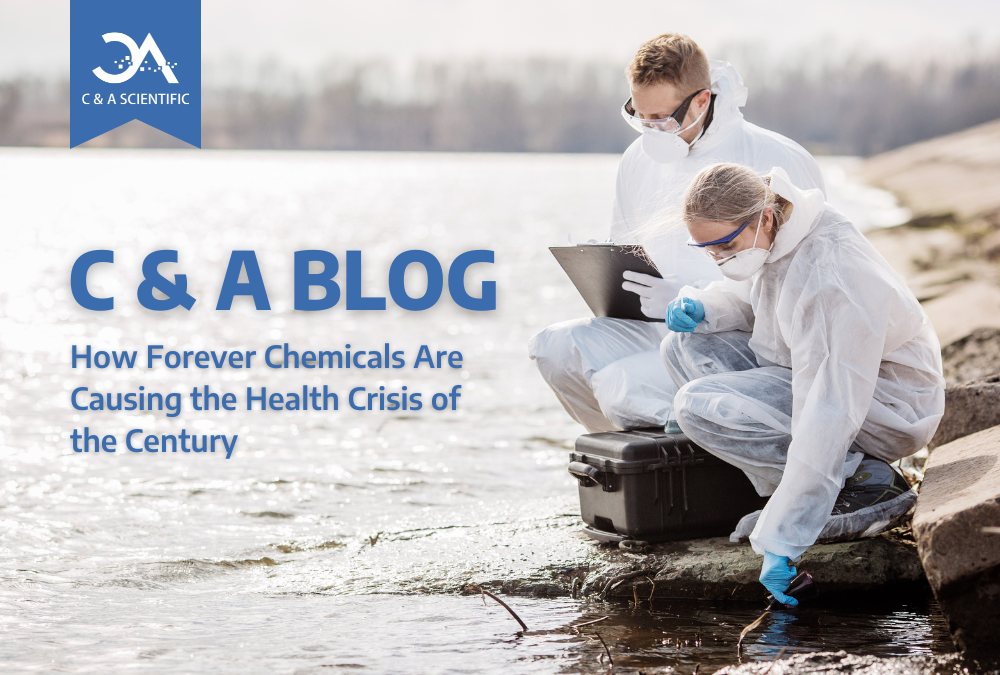Per-and Polyfluoroalkyl Substances (PFAS) are becoming horrifically common throughout the United States. PFAS are chemicals created by humans that have been used in manufactured products since the 1950s. These synthetics are informally called forever chemicals because they can permanently last in land and water.
What should I know about PFAS?
The first widespread distribution of PFAS in the United States occurred when the company Dupont released a line of cookware covered in a chemical called Teflon. Since then, these chemicals have been found in various household products, including carpets and personal-care products.
PFAS can and does pose a variety of severe risks to individual health. These risks include but are not limited to damaging cholesterol levels, changing liver enzymes, disrupting hormones, decreasing fertility, decreasing infant birth weight, and dramatically increasing cancer risk. It has also been associated with miscarriage and stillbirth. PFAS has been proven to reduce and harm kidney function significantly. One hazardous impact of these chemicals are their presence in drinking water. PFAS has entered drinking water through industrial release into the air, water, and soil. It can leach into the ground from fire-fighting foams, and it can leach into water from sewage treatment plants.
Who is at risk?
Specific individuals are more at risk for PFAS exposure than others. Industrial workers involved in PFAS manufacturing processes are at the highest risk for significant exposure. Pregnant women and children drink more than the typically expected amount of water, which means that they are also at an increased risk for exposure if a source of drinking water is contaminated. Children are also high risk because they are likely to be exposed to PFAS in carpets, household dust, toys, and cleaning products, due to their height and curiosity. Elderly individuals who still use non-stick pans may also be at risk of exposure.
PFAS are currently almost as widespread as microplastics. These synthetics are a symptom of a broader issue in the United States of limiting chemical regulation of contaminants. Government regulations are presently being updated to minimize the damage and risk PFAS poses to ecosystems and human life. In 2021, the White House listed steps for eight government agencies to work on eliminating these chemicals from their production sites. These agencies include the Department of Defense, the Food and Drug Administration, and the Department of Homeland Security. In May 2022, the EPA set specific regulations for site cleanups that may help to limit individual exposure to PFAS in the future. These regulations are formally known as Regional Screening Levels and Regional Remedial Management Levels. The EPA has also issued a PFAS action plan, which provides the best path forward to address the challenges of limiting these chemicals. The action plan includes instructions regarding how to hold groups accountable for releasing PFAS and provide groundwater cleanup guidelines.

What can I do?
There are a variety of ways you can handle potential exposure to PFAS. If you get your water from a public source, like city water, you can call your local water utility company and inquire as to what your state’s safety standards are for PFAS and if the facility follows the Environmental Protection Agency’s guidelines. Additionally, if your water facility refuses to comply with your request, you can have independent testing completed by a state-certified laboratory. If your water facility does not wish to make changes, you can act as an individual to protect yourself. Individual actions you can take include using a water filter to remove PFAS, trying to find pre-mixed infant formula, bringing your containers for to-go food, and avoiding stain-resistant coatings. One of the most important things you can do to prevent exposure is to avoid non-stick cookware.
C & A is committed to helping you find the best health-oriented solutions for keeping you and your family safe. We are excited to provide updates on pressing healthcare issues while helping healthcare professionals get the tools they need to succeed. If you are interested in keeping up to date with the latest medical news, check out our blog.
C & A Scientific is a dedicated leader in improving the health and minds of people worldwide. We supply over 700 award-winning medical and STEM-inspired products to distributors and retailers looking for sensational customer service. Learn more about us and our story here.

